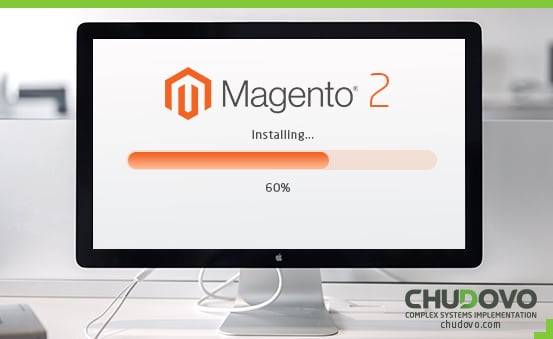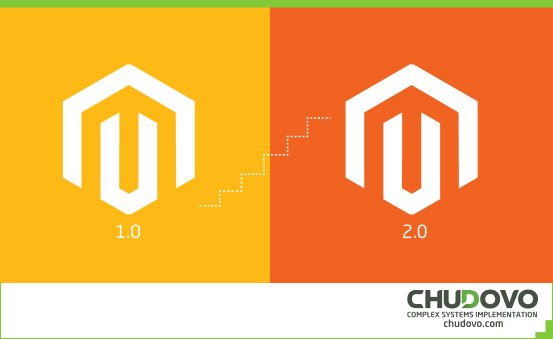History of one of the best e-commerce solutions – Magento
Nowadays, every developer knows Magento. According to Builtwith statistics (that is regularly updated) regarding Magento market share, the tendency to use Magento is increasing significantly. Since 2001, the platform has had over 110,000 customers who run their e-commerce showcases with Magento. Magento is mainly suitable for large companies.
However, the platform has come a long way to be successful. The article is about how Magento managed to achieve its fame. We will travel into the past together and look step by step at how it happened.
The name Magento received from the color “magenta”. Since the domain magenta.com was already occupied, a more “masculine” name was chosen – Magento. From this point, the Magento history of one of the leading e-commerce platforms begins.
Why Magento?
- It is an open-source platform.
As an open-source platform, Magento is easy to adapt to the requirements of developers or retailers. It also offers better security standards and reliable performance.
- Hosting of freedom
Many of Magento’s competing e-commerce platforms, such as Shopify, have certain limitations on hosting choices. With Magento, you can choose any hosting type. You can choose the hosting provider, model, plan, and other functions that suit you best.
- External component and extensions
The reason Magento is so successful and popular relates to the usage and integration of outside tools and solutions. The platform contains many third-party extensions, components, and integrations that make it easy to deploy new versions, upgrade the platform, and develop new functions.
- Flexibility and speed
The loading time of the website is one of the most significant factors for the e-commerce platform quality. Magento website load time is pretty impressive, and most users agree.
Magento History: how it all started
2007: Founded by Roy Rubin and Yoav Kutner. The first beta version was published
2008: The first release of 1.0 Magento Community Edition has been released. Magento CE has been released.
2009: Magento became more popular than osCommerce and e-commerce. Magento enterprise was launched.
2010: 1.5Million times Magento has been downloaded. Professional edition has been published. Magento Mobile has been launched.
2011: eBay owned 100% Magento. Magento developer certification has been announced. Magento 2.0 development began.
2012: 4 million downloads. Magento was used by over 150,000 websites.
2013: Magento and eBay Enterprise followed the lead.
2014: German version of the website was developed.
2015: Magento 2 was released.
2016: Magento Forum had 100,000 members. Magento Marketplace has been launched. 31% of SMEs rely on Magento.
2017: Magento Community Edition became Magento Open Source.
2018: Magento Commerce 2.2 has been released. Magento Commerce is now an Adobe. Company Magento Commerce 2.3 has been released.
2019: Presentation of Adobe Commerce Cloud. Presentation of Amazon Sales Channel in Magento.
2020: Magento 2.4 has been released.
Our Magento developers have many years of experience and knowledge, all the necessary certificates and are specialized in the creative and technical development of Magento e-commerce.
You monitor new developments in the IT world and contribute to your project. Our Magento development services include extension installations, advice, and support. We ensure that your online business always stays on top. We build Magento websites from scratch and carefully configure them according to your business needs. In summary, you have found the right to a premium solution for your project.
If you need highly qualified Magento developers at the right price for your project, contact us.





